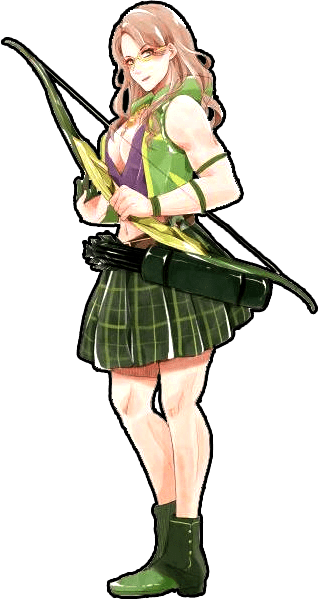
Fallen Enchantress is a 4X strategy game developed and published by Stardock Software. At first blush, Fallen Enchantress is a fairly traditional 4X game set in a high fantasy gameworld. And it certainly is something of a 4X game, but it's more of Civ meets the classical Heroes of Might and Magic than a pure 4X. It offers a dynamic of champion leveling and equipment mechanics very reminiscent of a roleplaying game. The game gels really well in that regard.
Most of the gameplay mechanics are fairly familiar to fans of the 4X genre, including three different tech trees (for civilization, military, and magic upgrades), the standard progression and upgrading of buildings, and a familiar interface for the governance of your realm. It does offer a level of customisation which is a little different, however, in the cities. Each city building upgrade takes up a 'square' near the city, and certain specific buldings must be built on certain tiles. The latter is familiar, but the former is a bit different to the Civilization series which popularised the 4X genre. Most of the time, you can rely on the game's automatic placement of these buildings to be sensible, however if you want to micromanage, there is a setting that allows you to place them manually. I feel this is a fairly strong addition actually, as it was gratifying to see the city expand and grow in a very visible manner. It gives larger cities an appreciable sense of grandeur - and it also makes it easier to tell how your opponent is doing and what they're building. Scouting is much more effective in the game as a result, then it would be otherwise.
The champions and army combat is where the comparison to Heroes of Might and Magic comes in. While you can just assemble normal armies without a champion like a normal 4X, armies can also be led by champions you can find on the world map and hire. There are also quests you can find and complete on the world map, much like HoMM. These champions can be equipped with special items you find, and also can buy items from cities. These champions can be a definitive edge in the tactical combat, which again acts a lot like classical HoMM, though it has a fair bit more depth in the available spells, items, and the ability to create your unit types. The influence is obvious, but the implementations of these elements works quite well in the context of the game and is executed well.
The game allows a great deal of customisation, both in your initial hero (which acts as your sovereign), and in the ability to design individual units from the ground up. You can customise the name, gender, equipment, and special abilities of the units available to you, and the game places no restrictions other than the traditional RPG fare of encumbrance, and of course having the available technology researched.
Quests in the game piece together into a small overarching story for each map. While the game is obviously not huge on the narrative, the quests offer a reasonable way to implement the narrative of the game into the game flow without interrupting the player constant. It works pretty well, actually, though the game could use a stronger emphasis on it in my opinion.
The AI varies in difficulty depending on settings, but the default AI offers a challenge without being overly so. They do have a few quirks, including the occasional absolute violent streaks a.la. the memetic Gandhi from Civilization. I might complain if it wasn't something of a genre staple, but all in all I felt challenged without being overwhelmed at the default settings, and the game offers a lot of ways to increase the challenge if you find that too easy.
Visually, the game reminds me a lot of the original Spellforce in terms of the sort of 3D/2D sort of mesh you got there, although a lot more is modeled in Fallen Enchantress than is in Spellforce. The aesthetic is aged, but well-crafted and it generally works alright if you can see past the low polycount of some of the army models (seeing as the game has to render a lot of them, the polycount was kept low.) It looks and feels fairly good for a fantasy game, with enough of it's own touches to keep it from being simply generic.
If there was one complaint I had in the theming of the game it's that the soundtrack and sound design is the one part of the game that is pretty generic, feeling almost a little uninspired in that regard. Nothing terrible, just not particularly inspired and no real flair to it.
All in all, a classic 4X/RPG hybrid well worth your money, if you can see past its flaws.

